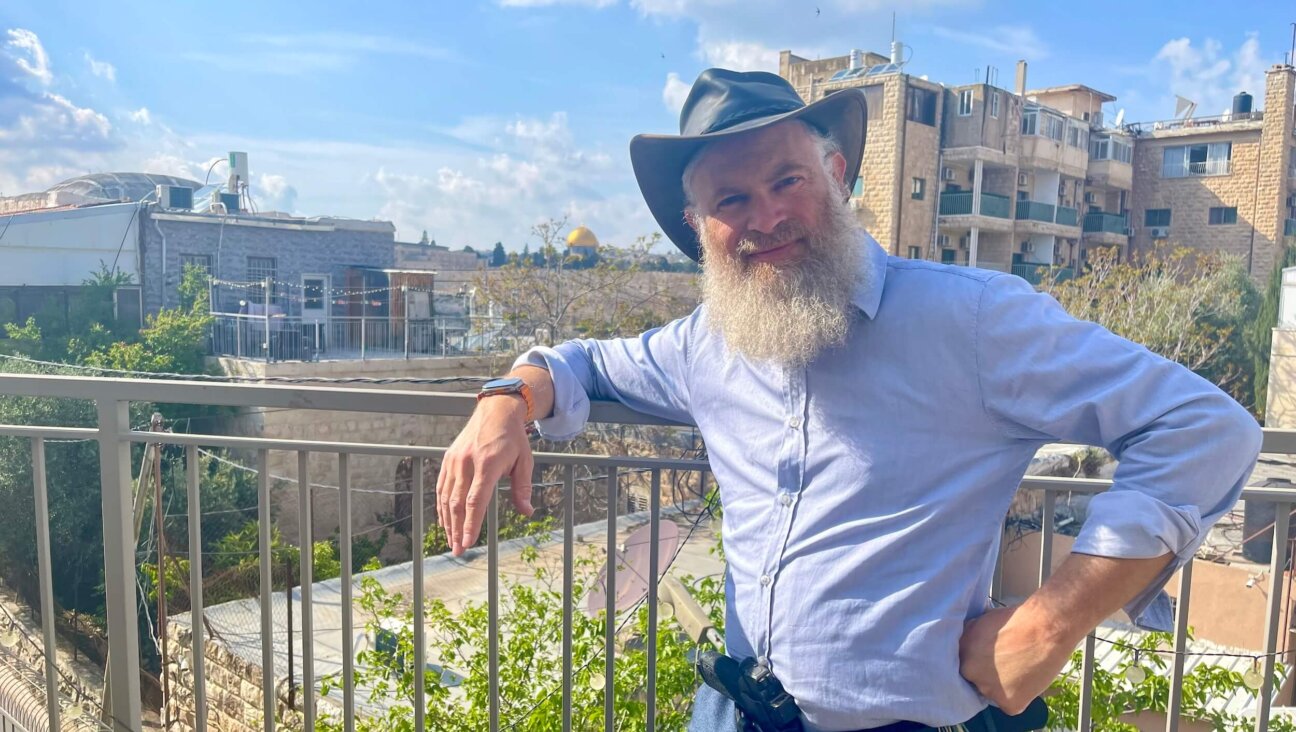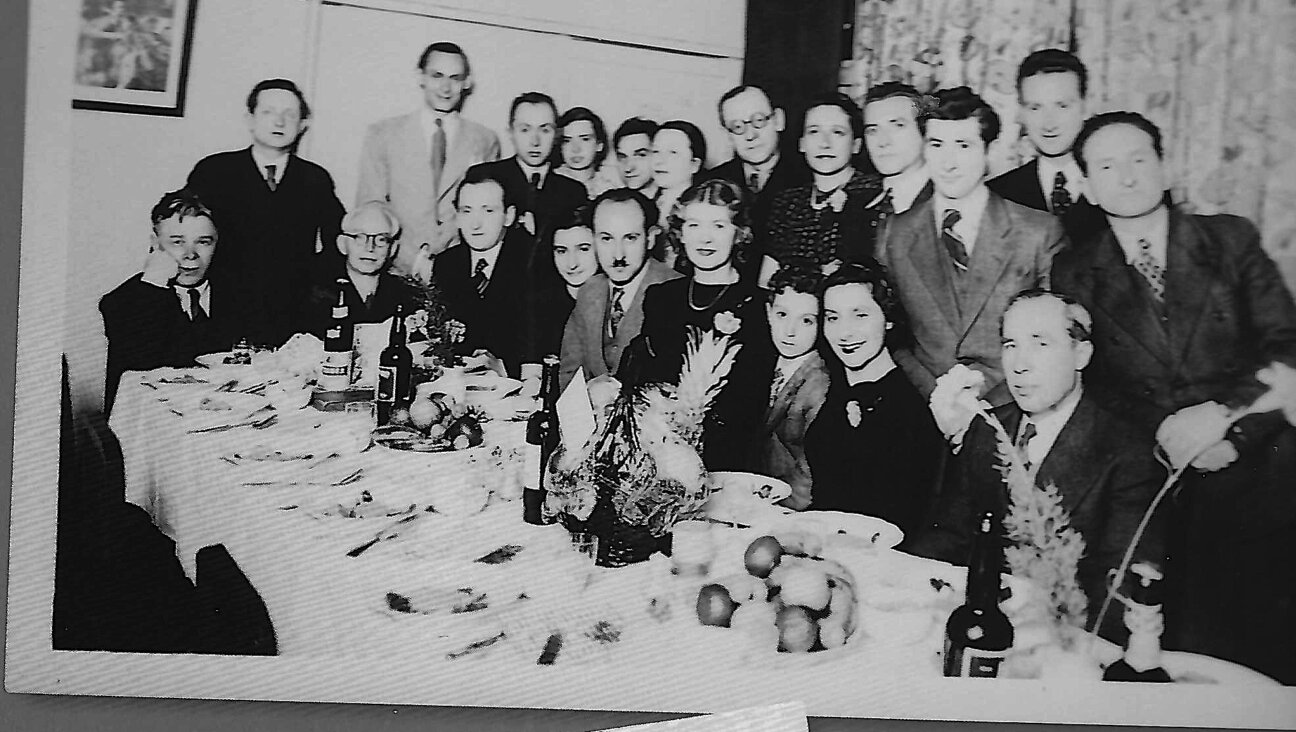Tay-Sachs Research Receives Unprecedented NIH Grant
A rare genetic disease that disproportionately afflicts Ashkenazic Jews is receiving a large and unprecedented infusion of research funding from the federal government.
The National Institutes of Health on August 20 awarded a four-year grant of $3.5 million to the Tay-Sachs Gene Therapy Consortium, a group that is researching therapies for the disease.
“It’s the largest grant ever given for Tay-Sachs specifically for therapy,” said Susan Kahn, executive director of the National Tay-Sachs and Allied Diseases Association.
“It’s an unprecedented amount of money for a little orphan disease like Tay-Sachs,” echoed Ken Bihn, founder of the Cure Tay-Sachs Foundation and a member of the consortium’s oversight committee.
There is no cure for Tay-Sachs, which is caused by a genetic mutation that prevents the enzyme Hex A from cleaning a stifling buildup of lipids from the brain, resulting in severe neurological degeneration. The most common form of Tay-Sachs is notorious for being fatal to infants by the time they turn 3.
One in 27 Ashkenazic Jews is a carrier for the genetic mutation that causes Tay-Sachs. When two parents are Tay-Sachs carriers, their child has a 1-in-4 chance of inheriting two copies of the mutated gene and having the disease.
Researchers with the consortium are exploring viral vector gene therapy as a potential treatment for the disease. The treatment would involve splicing copies of genes that produce Hex A into viruses, which would eventually be injected into the brains of those suffering from Tay-Sachs.
Kahn called the NIH grant “a vote of confidence” in the team doing the research.
The international consortium is composed of researchers from Auburn University, Boston College, Cambridge University and Massachusetts General Hospital/Harvard University.
“The consortium has been held together with funds raised by people affected by this terrible disease,” said Thomas Seyfried, a professor of biology at Boston College whose lab is part of the consortium, in a press release. “The NIH grant was critical to our work and for these families, who have lost children, who have a vested interest in this research.”
The consortium has already developed viral vector therapies that cure afflicted mice. The critical genes, after being inserted into viruses, have penetrated the nuclei of mouse cells and created enough Hex A enzyme to clear most of the lipid buildup. Seyfried told the Forward that the next step is to translate the results into advances on cats: animals he called a “beautiful intermediary” between mouse and human brains in terms of size and complexity. Over the next four years — the length of the grant — the consortium hopes to be able to translate its progress into a clinical trial safe enough for humans.
Such a therapy, though, would not be able to undo the damage Tay-Sachs has already done to the brains of affected individuals. “Gene therapy would only stop the disease from progressing, so it’s not the end-all solution,” said Bihn, whose 10-year-old daughter suffers from a rare form of the disease known as Juvenile Tay-Sachs.
Contact Joy Resmovits at [email protected]

I hope you appreciated this article. Before you go, I’d like to ask you to please support the Forward’s award-winning journalism this Passover.
In this age of misinformation, our work is needed like never before. We report on the news that matters most to American Jews, driven by truth, not ideology.
At a time when newsrooms are closing or cutting back, the Forward has removed its paywall. That means for the first time in our 126-year history, Forward journalism is free to everyone, everywhere. With an ongoing war, rising antisemitism, and a flood of disinformation that may affect the upcoming election, we believe that free and open access to Jewish journalism is imperative.
Readers like you make it all possible. Right now, we’re in the middle of our Passover Pledge Drive and we need 500 people to step up and make a gift to sustain our trustworthy, independent journalism.
Make a gift of any size and become a Forward member today. You’ll support our mission to tell the American Jewish story fully and fairly.
— Rachel Fishman Feddersen, Publisher and CEO
Join our mission to tell the Jewish story fully and fairly.
Our Goal: 500 gifts during our Passover Pledge Drive!























